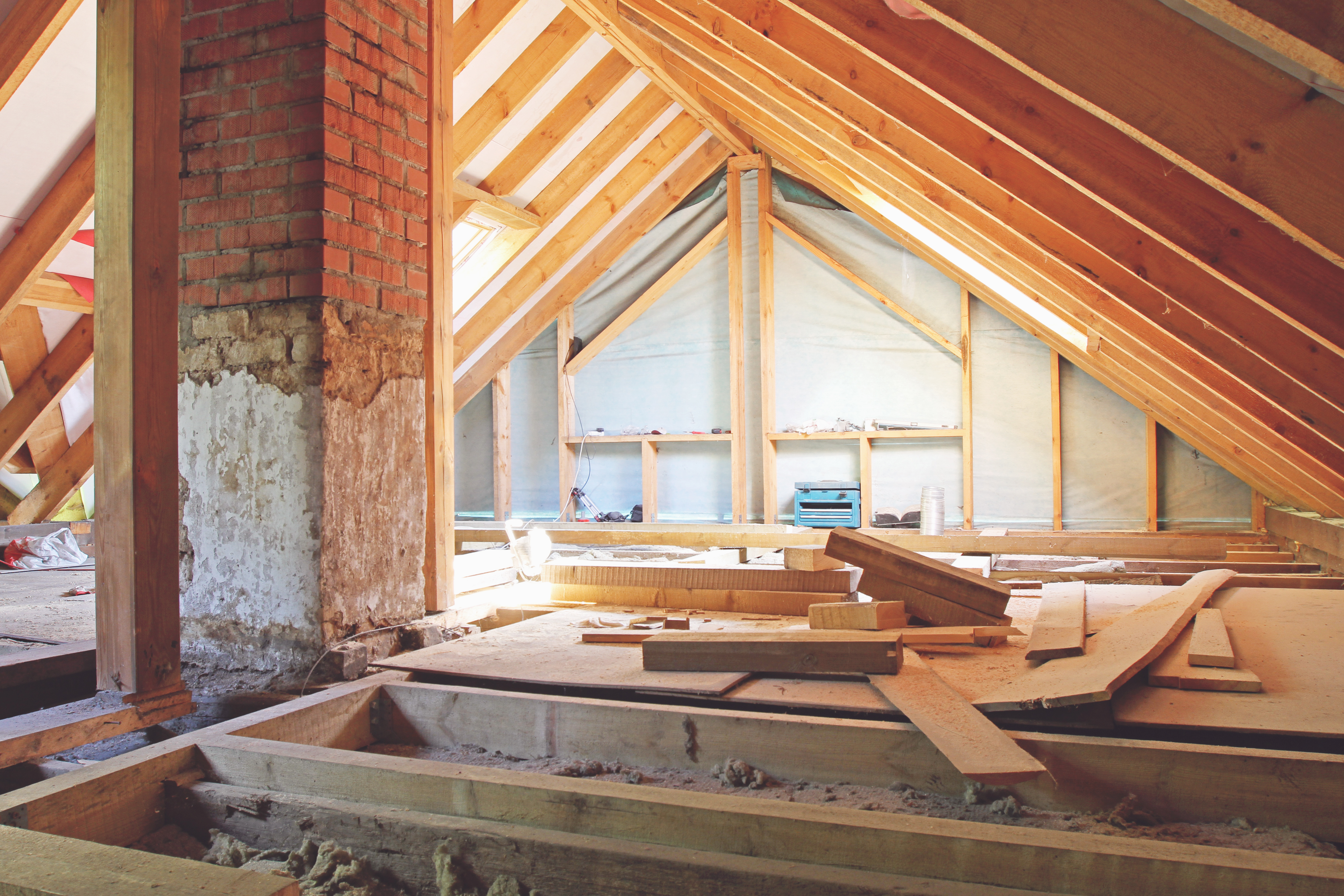
Going from an undeveloped plot to your dream home can be expensive. Learn about the cost to develop land and what factors can affect your total.
When you get more wrecking than renovating


Try to stay calm when discussing the damage with contractors. Getting heated or pointing fingers can work against you.
Don’t worry too much about repair costs. Your homeowner's insurance or your contractor’s liability insurance will likely cover it.
Make documenting everything your top priority, whether it’s photos of the damage or written communications with your contractor.
When you hire a local general contractor to fix something in your home, the last thing you expect is for that professional to do additional damage. Unfortunately, it does happen, and knowing what to do when a contractor damages your home can save you time, money, and frustration. Let’s go over what steps you can take to get your home back to its original condition.
If there’s an issue that puts you or your neighbors at severe risk, like a contractor hitting a gas line or starting a fire, call 911 and report the issue immediately. Safety should always be your top priority. Just use your best judgment here, though. For example, if a plumber causes water damage, you don’t need to alert the authorities—you can just move on to the following steps.
The most important thing you can do is to document the damage as soon as you notice it. Take photos from multiple angles or a video of ongoing damage, like a roof leak or plumbing leak getting worse over time. Take updated pictures and videos daily if anything progresses.

Next, let your contractor know. There’s a chance the damage was a mistake, and if you hired a reputable contractor, they might be willing to step in and repair the damage for you, even if they didn’t realize it was their fault.
Even if you trust your contractor to make the issue right, it’s best to notify them in writing and make sure they respond in writing. If anything goes sideways, you’ll be able to refer back to your communication.
Just be sure to remain calm and objective during the communication. Starting arguments out of frustration may lead to additional issues.
Next, let your insurance company know about the damage. Send them your photos and videos, and let them know you’re in communication with the contractor. You can ask if the damage would be covered if you can’t come to another resolution.
One option you have is to ask the contractor if they’ll pay for the damages or carry out the repairs themselves. If you trust the contractor, you may want to let them do the actual work. If you no longer trust them after the incident, get a third-party contractor to come in and give you an estimate for the repairs. Present that to the original contractor and ask them if they’ll pay the quoted amount.
If your contractor is giving you trouble, you can file a claim with your homeowner’s insurance provider and have them seek financial compensation from the professional. They may also go through the contractor’s liability insurance to get payment for the repairs.
If all else fails, you can report the contractor to the Better Business Bureau and file a lawsuit to sue them for damages.
From average costs to expert advice, get all the answers you need to get your job done.

Going from an undeveloped plot to your dream home can be expensive. Learn about the cost to develop land and what factors can affect your total.

The cost to frame a house can vary depending on the size of your home, the structure you’re building, and your materials. Keep reading to learn how much framing your house might cost.

When your home project requires a professional at the helm, how much are construction management fees, and how do they determine their rate? Let's break it down.

Pneumatic vacuum elevators can boost your home’s accessibility and value. Use this guide to learn how much yours will cost based on factors like features and size.

Freezing temperatures can cause damage to your garage, vehicles, and other items. Learn how to winterize your garage to prevent costly repairs.

The main parts of floor framing include the sill, rim joists, and other joists. Learn how this wood may require repairs against water or insect damage.